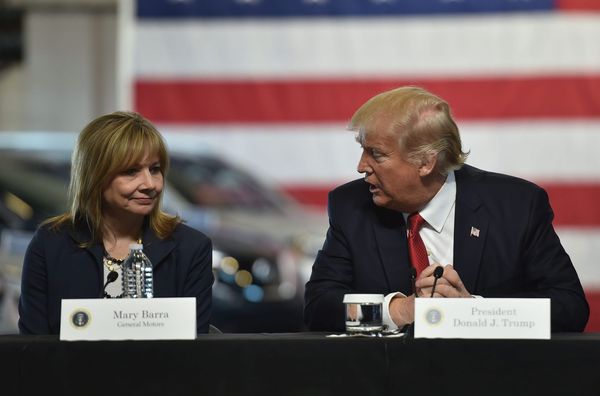
Rishi Sunak has voiced renewed concerns about gender recognition legislation passed by the Scottish parliament last month, in a sign the UK government could still step in to block it.
Ahead of the deadline for Downing Street to intervene if it wants to curtail the move, the prime minister dodged questions about whether he would stop the bill receiving royal assent and said that seeking advice on the issue was “standard practice”.
MSPs passed a bill to let trans people obtain a gender recognition certificate without the need for a medical diagnosis last month, giving the UK government 28 days – until 19 January – to decide whether to prohibit it becoming law.
Speaking on a visit to Scotland after meeting the first minister, Nicola Sturgeon, Sunak said he was “concerned” about the impact of the bill across the whole of the UK.
“Obviously this is a very sensitive area and I know there were very robust debates and exchanges on it as the bill was passing in Scotland,” he said, referencing rows in Holyrood when the bill was being debated and the resignation of an Scottish National party minister over the plans.
Sunak told the BBC’s Good Morning Scotland: “There may be impacts across the UK that we need to be aware of and understand the impact of them, and that’s what we’re doing, and once the government has received final advice it will set out next steps.”
Senior cabinet figures – including the equalities minister, Kemi Badenoch – have raised concerns about the bill and implications for the Equalities Act. The Scottish secretary, Alister Jack, has previously said he could invoke section 35 of the Scotland Act, which in effect gives him a veto on laws he believes have an impact on constitutionally reserved matters. Doing so, however, could set the stage for a bitter constitutional clash.
Stephen Flynn, the SNP’s Westminster leader, warned it would be anti-democratic for the UK government to block the bill. He said: “The Scottish parliament has voted in favour of legislation that sits within devolved competencies, and it’s incumbent upon Westminster to ensure that legislation is passed in full.”







